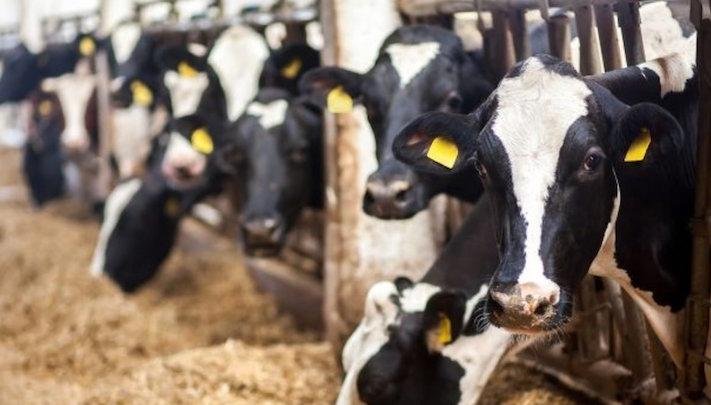Poor policy and weak infrastructure has cost Nigeria place in $10.5bn Animal Waste Economy.
NewsOnline Nigeria reports that despite boasting one of Africa’s largest livestock populations, Nigeria is failing to tap into the booming $10.5 billion global animal waste market due to poor infrastructure, limited innovation, and the absence of a clear policy framework.
Animal waste, broadly defined as droppings, dung, and other livestock by-products rich in nitrogen, phosphorus, and potassium – has become a lucrative resource worldwide. From bioenergy and biogas to organic fertilisers and sustainable industrial materials, countries across Asia, Europe, and the Americas are increasingly converting waste into wealth.
ALSO: Northern Rift Deepens As APC Faces Defections, Criticism Over Tinubu’s Leadership
According to market intelligence firm Trendset Visionaries, the global animal waste economy, valued at $10.5 billion in 2024, is projected to rise to $18.3 billion by 2030. China, for example, produces 3.8 billion tons of livestock and poultry manure annually, much of which is channelled into biogas and fertiliser.
But Nigeria, despite having a cattle herd of over 20.79 million alongside large populations of goats, sheep, and pigs, has yet to organise the sector. Industry analysts warn that the country is not only losing out on billions in potential revenue but also worsening environmental degradation by leaving waste unmanaged.
“The Nigerian animal waste economy is potentially a billion-dollar market,” said Chuka Mordi, CEO of Ellah Lakes. “Properly utilised, it can replace synthetic fertilisers, improve soil health, and generate enormous economic value.”
Mordi argued that the biggest gap is educational, urging universities and agricultural extension programmes to train farmers, butchers, and entrepreneurs on how to process and monetise waste.
Mountains of Wastage
In Lagos alone, between 3,000 and 5,000 cattle are slaughtered daily, generating enormous quantities of bones, hides, blood, and dung. But most of this waste is either dumped or left to rot, with little to no processing facilities in place.
For Sunny Omokaro, national president of the Butchers Employers Union of Nigeria, this neglect is inexcusable.
“Nothing from an animal is truly waste,” he said. “Bones can become animal feed, jewellery, or furniture. A bag of bones can fetch up to ₦200,000. Dung can generate biogas for cooking and the residue is the best natural fertiliser. We are stepping on wealth every day, but we don’t see it.”
Omokaro argued that developing the animal waste sector could create thousands of jobs, stimulate rural economies, and reduce Nigeria’s dependence on chemical fertilisers.
Policy Paralysis
Critics say successive governments have ignored the sector despite its economic and environmental potential. While President Bola Tinubu recently established a Ministry of Livestock Development, industry leaders stress that meaningful progress will depend on clear regulations, investment incentives, and partnerships with the private sector.
“The wastage is too much,” Omokaro warned. “Without infrastructure, policy, and innovation, Nigeria will remain locked out of a market that is growing rapidly across the world.”
For a nation striving to diversify beyond oil, experts argue that animal waste could be the next frontier for green jobs, clean energy, and sustainable agriculture, if only policymakers seize the opportunity.
